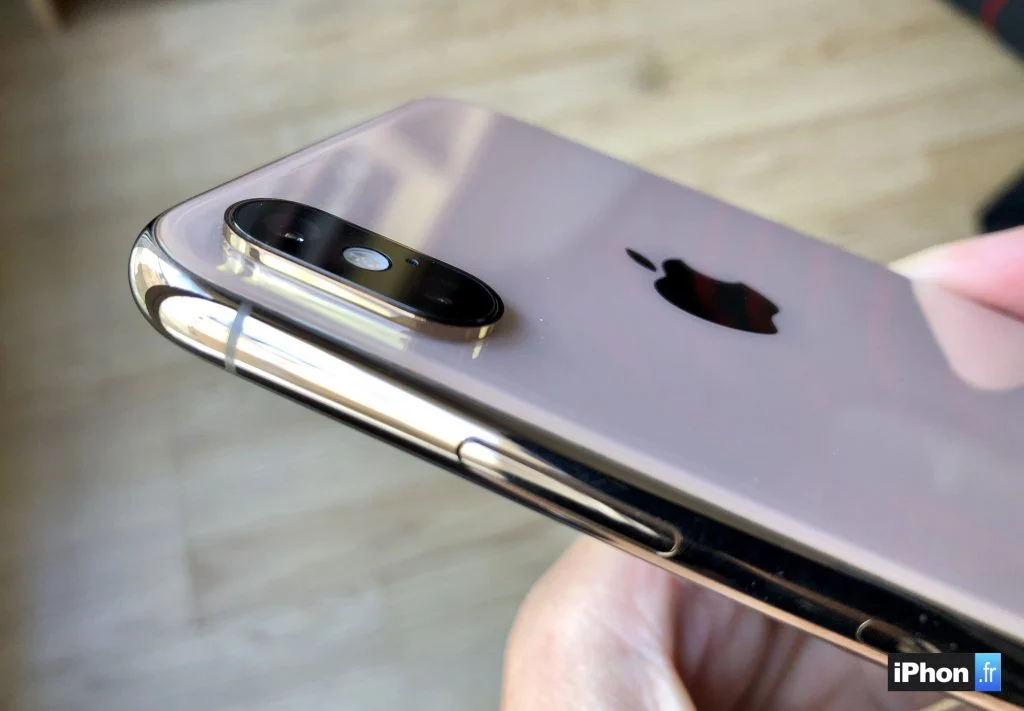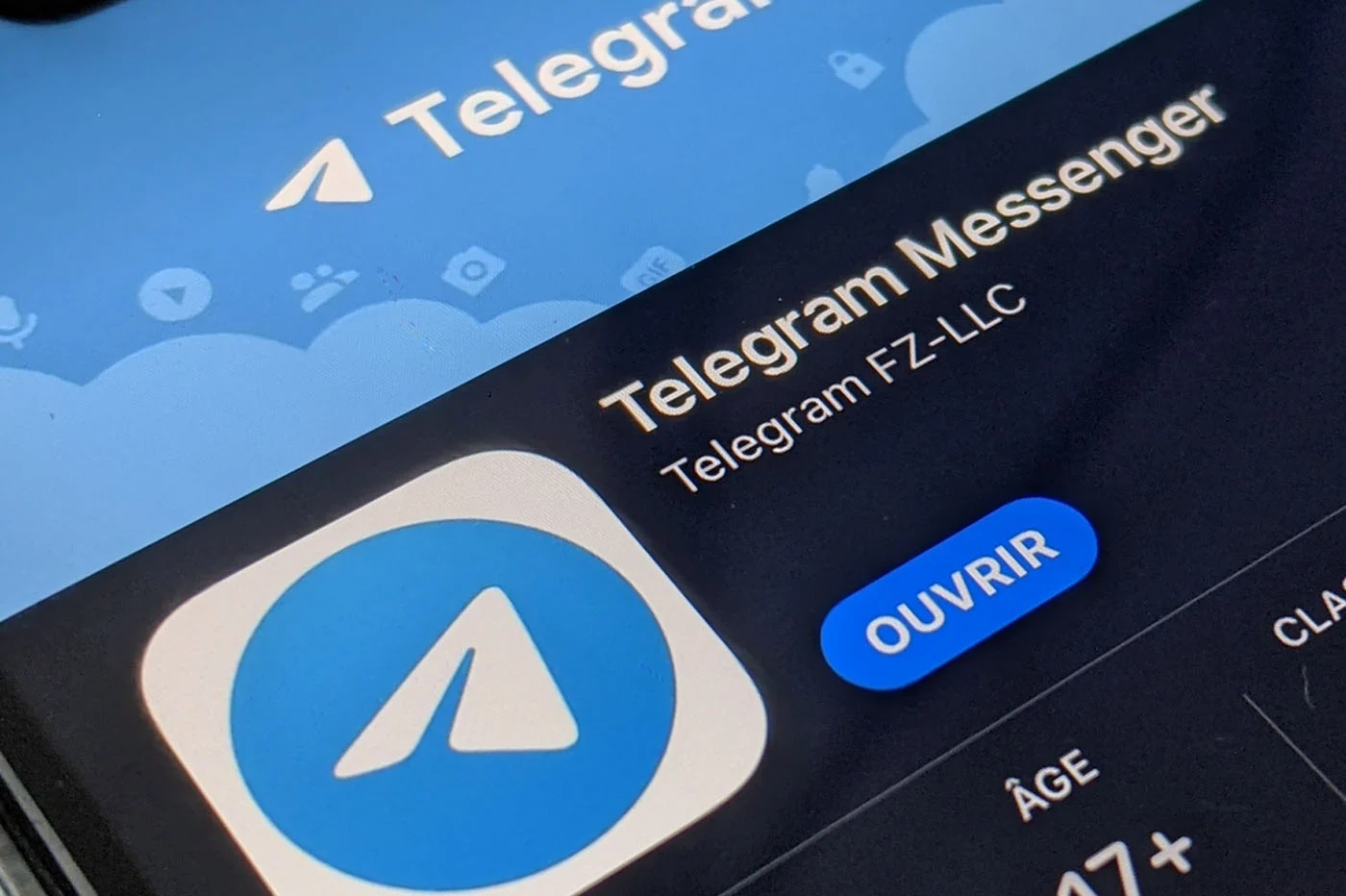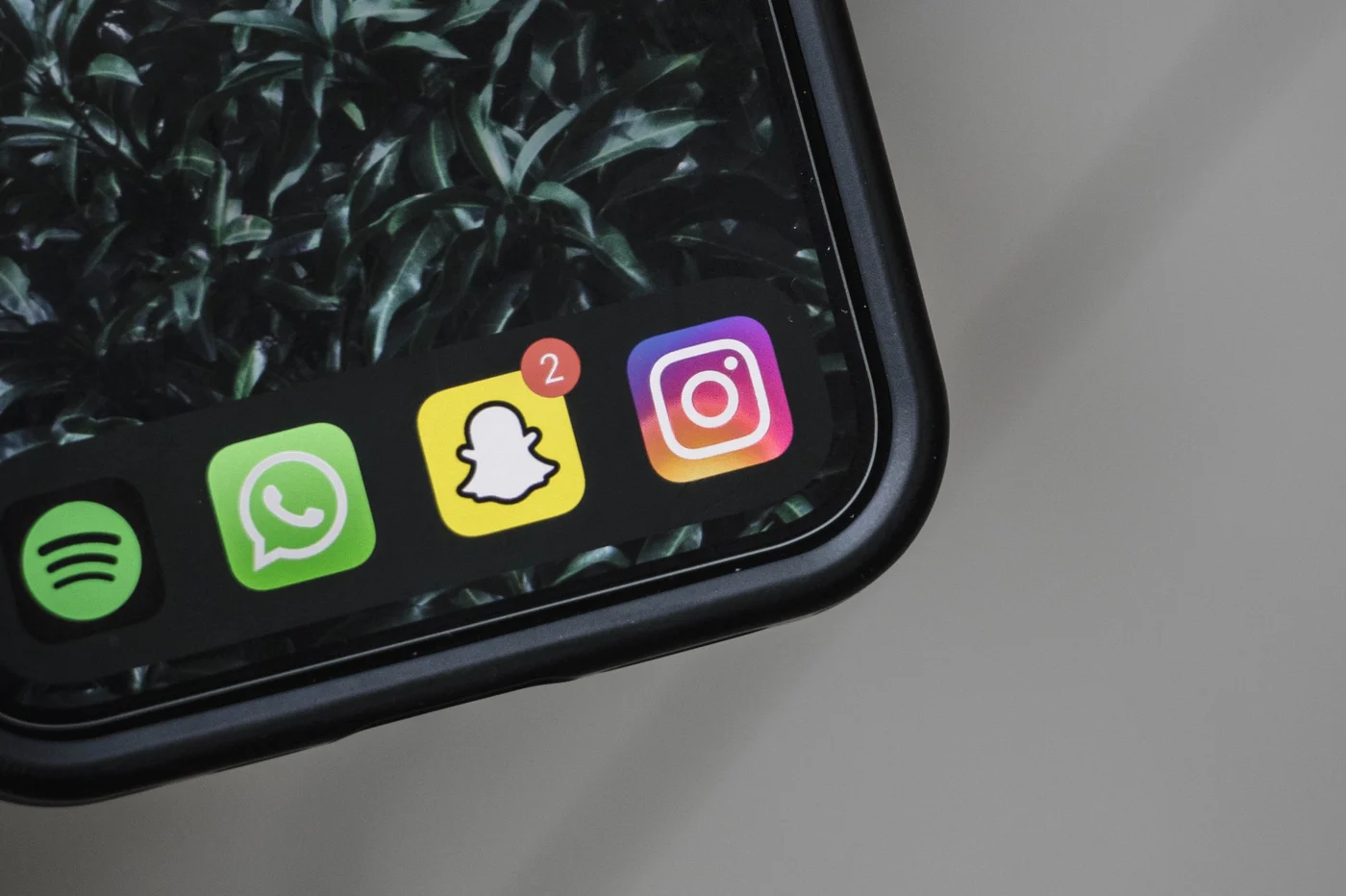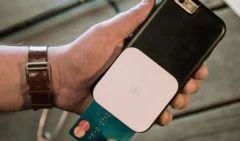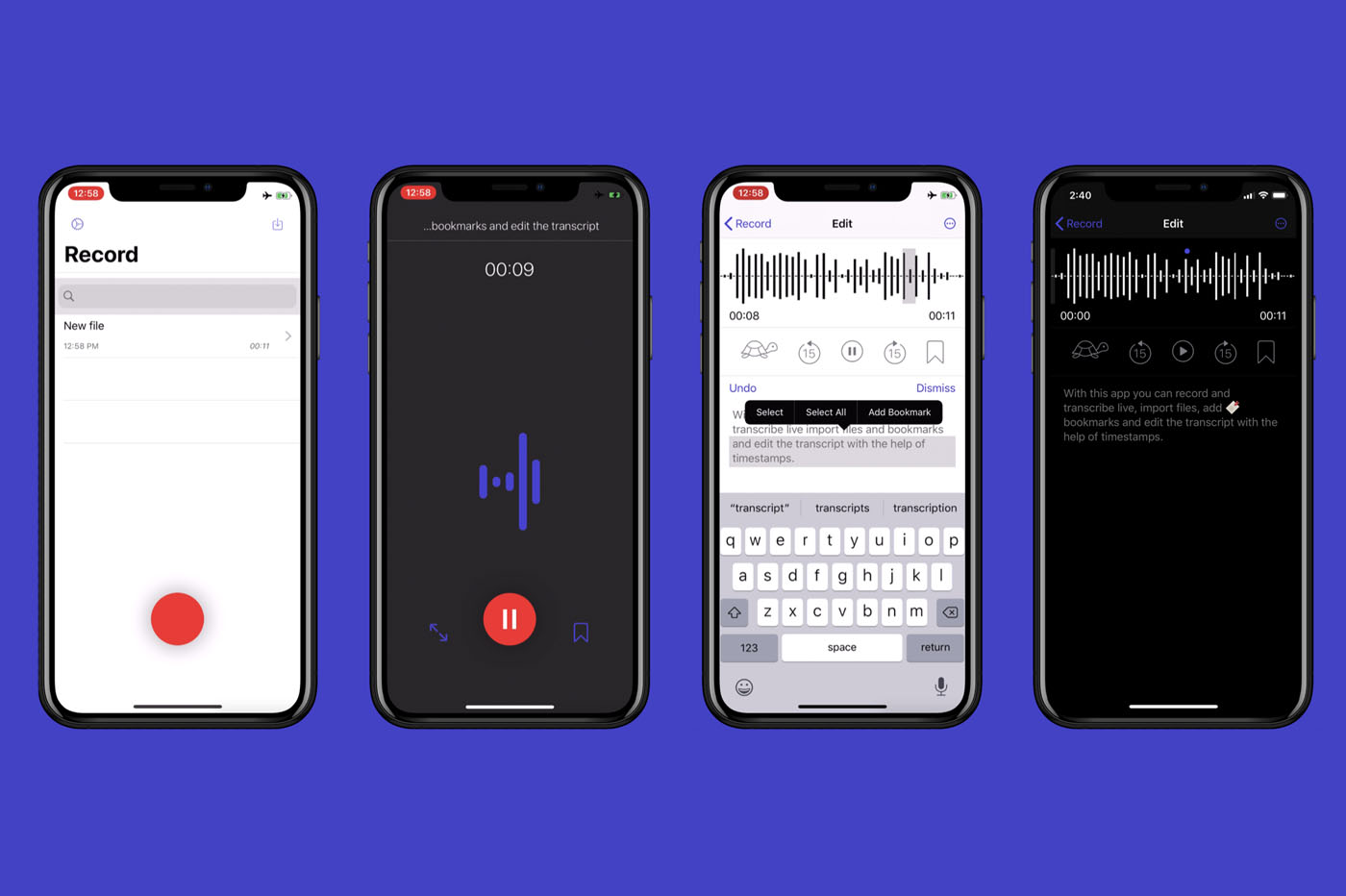Despite repeated warnings from cybersecurity experts and the proliferation of protection tools,our password habits remain dangerously archaic.A recent studyofNordVPNreveals a worrying reality: six years after their first analyses, practices have barely changed.
Alarming practices despite known risks
The in-depth analysis carried out by NordVPN on a gigantic databasetotaling 2.5 TB of data, collected in 44 countries, paints an edifying picture of our digital misuses. The results are rather worrying: even in the professional world, where security should be a top priority, negligence reigns.
The study was able to distinguish personal identifiers from professionals using the domain names associated with the compromised email addresses. Even more troubling, when we examine passwords exposed in data breaches or stolen by malware, we finda dismaying repetition of the most obvious choices. The word “later» (open meorlet me in) is even among the 200 most used passwords, perfectly illustrating this lack of seriousness in the face of risks.
Below is a table showing the most used and least secure passwords in 2024, with their ranking, number of uses and time taken to crack them. At the top of the list, passwords like “123456», «password» et «qwerty123»remain infamously popular, each hackable in less than a second. The password “123456» even comes in first position, with more than 3 million users worldwide.
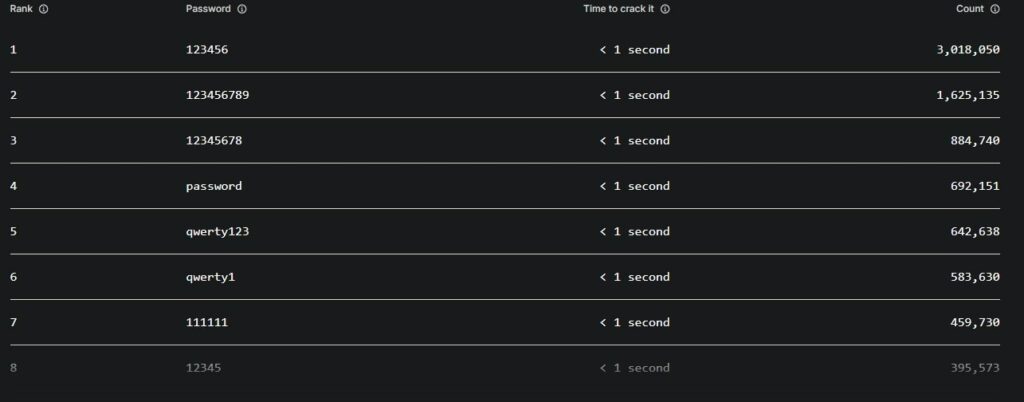
These passwords continue to be widely used despite their blatant lack of security. © NordVPN
Solutions ignored despite their accessibility
The irony of the situation lies inthe omnipresence of password managers, now natively integrated into our devices. Apple, in particular, has long offered very robust solutions, from the Keychain application tothe brand new Passwords applicationimplemented in iOS 18. These tools allow you to generate and manage complex and unique passwords for each service, eliminating the need for risky creations.
However, we continue to prefer simplistic passwords that are easy to remember…and just as vulnerable. It's as if we have an armored safe at home, but we stupidly persist in hiding our valuables under the doormat. This resistance to change raises the question: is it out of laziness? Out of distrust of these tools? Or simply because we still underestimate the risks posed by cyber threats? Faced with ever more ingenious hackers, hacking techniques facilitated by AI and ever more massive data leaks,this negligence could cost us dearly.
- A NordVPN study has just shown that very weak passwords remain widely used and easily hacked.
- Even in businesses, neglect when it comes to password security is a concern.
- Many password managers are available, but many people continue to use overly simplistic passwords.

i-nfo.fr - Official iPhon.fr app
By : Keleops AG

